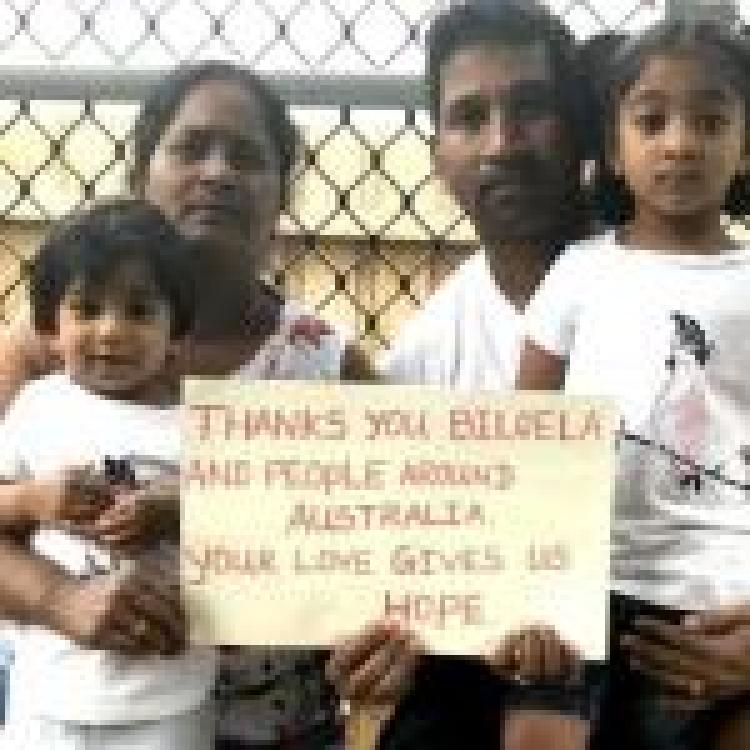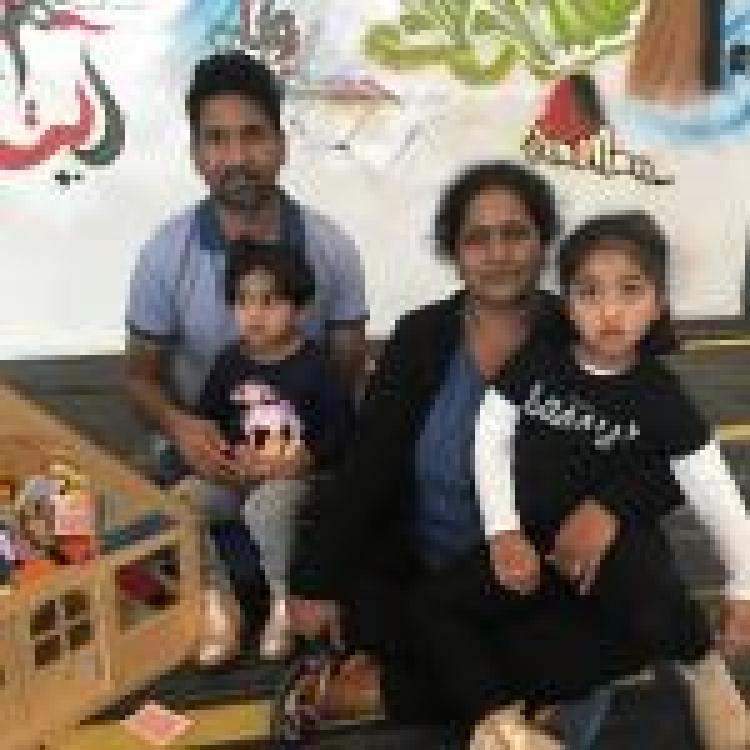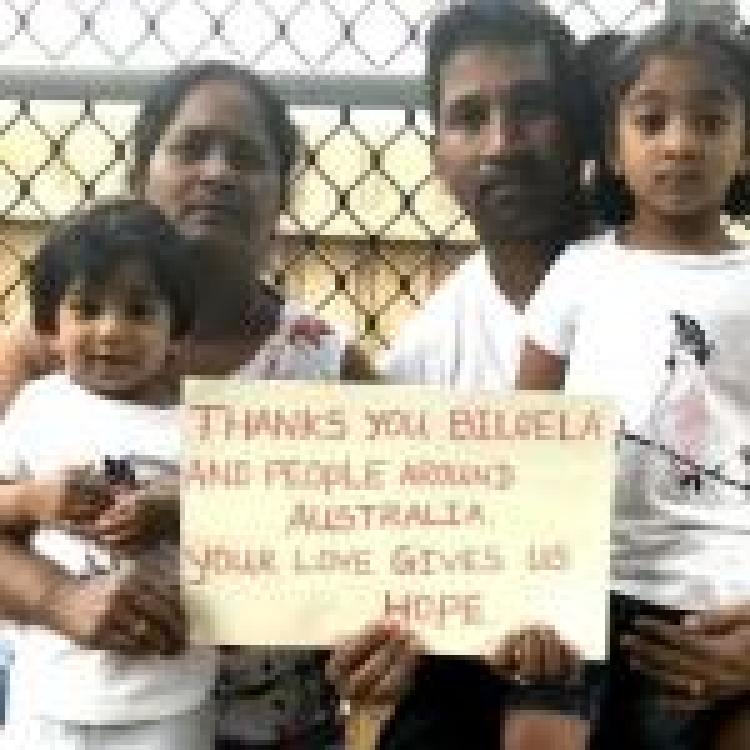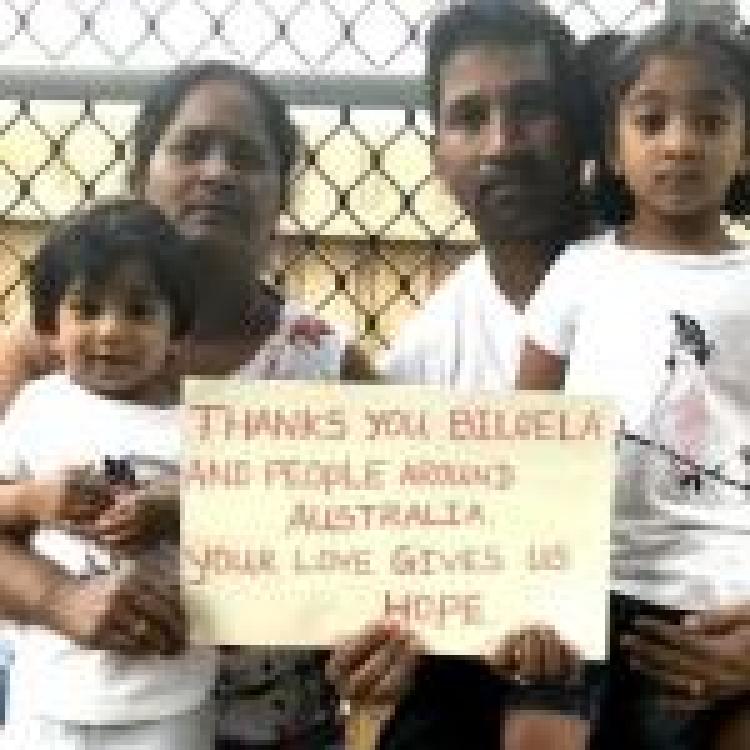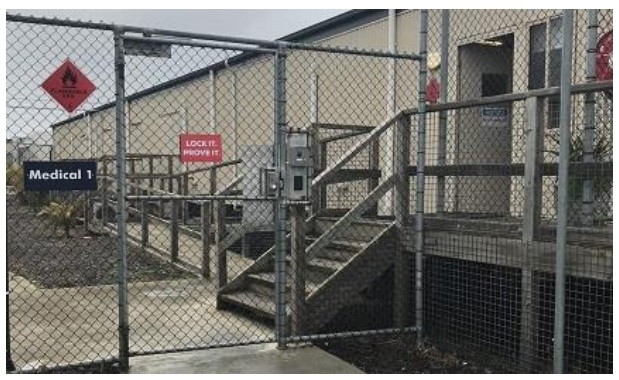
The Australian Human Rights Commission (AHRC) has outlined “grave” concern over the government’s handling of people held in Australia’s immigration detention facilities, as it published a report looking into the immigration detention network last month.
The AHRC found that people were being detained for long periods of time – “orders of magnitude greater than any comparable jurisdiction” – with limited access to communal facilities and healthcare.
“The Government should act urgently to reduce the total number of people in immigration detention,” said Edward Santow, Human Rights Commissioner. “Over a significant period of time, the Commission has identified many individuals for whom closed detention was not justified.”
The report was based on interviews with 280 detainees and inspections of facilities across Australia. According to the commission, as of September 2020, there were 1,534 people in detention.
Amongst them are the Tamil "Biloela family", escaping persecution from Sri Lanka. The report highlighted the plight of the family, with Santow stating “the Commission remains concerned that a small number of children remain detained, most notably two very young children on Christmas Island”.
Priya and Nades Murugappan who came with separate asylum claims in 2012 and 2013 were detained alongside their daughters Kopica and Tharnicca after their four-year bridging visa expired in 2018.
“Throughout 2019, the average period that an individual was held in immigration detention was close to or just above 500 days,” added Santow. “By the middle of this year, it was 553 days. Most recently, in September 2020, it had reached 581 days—the highest ever recorded.”
“As a liberal democracy, Australia takes its human rights obligations seriously. This means we should confront a difficult truth: we can and we must do better to protect the human rights of people subject to immigration detention.”
The AHRC made a total of 44 recommendations to the Australian government. Australia rejected 26 of them.
See the full text of the report here.
Also see more from SBS here.
See more on the Tamil family from Biloela below.

